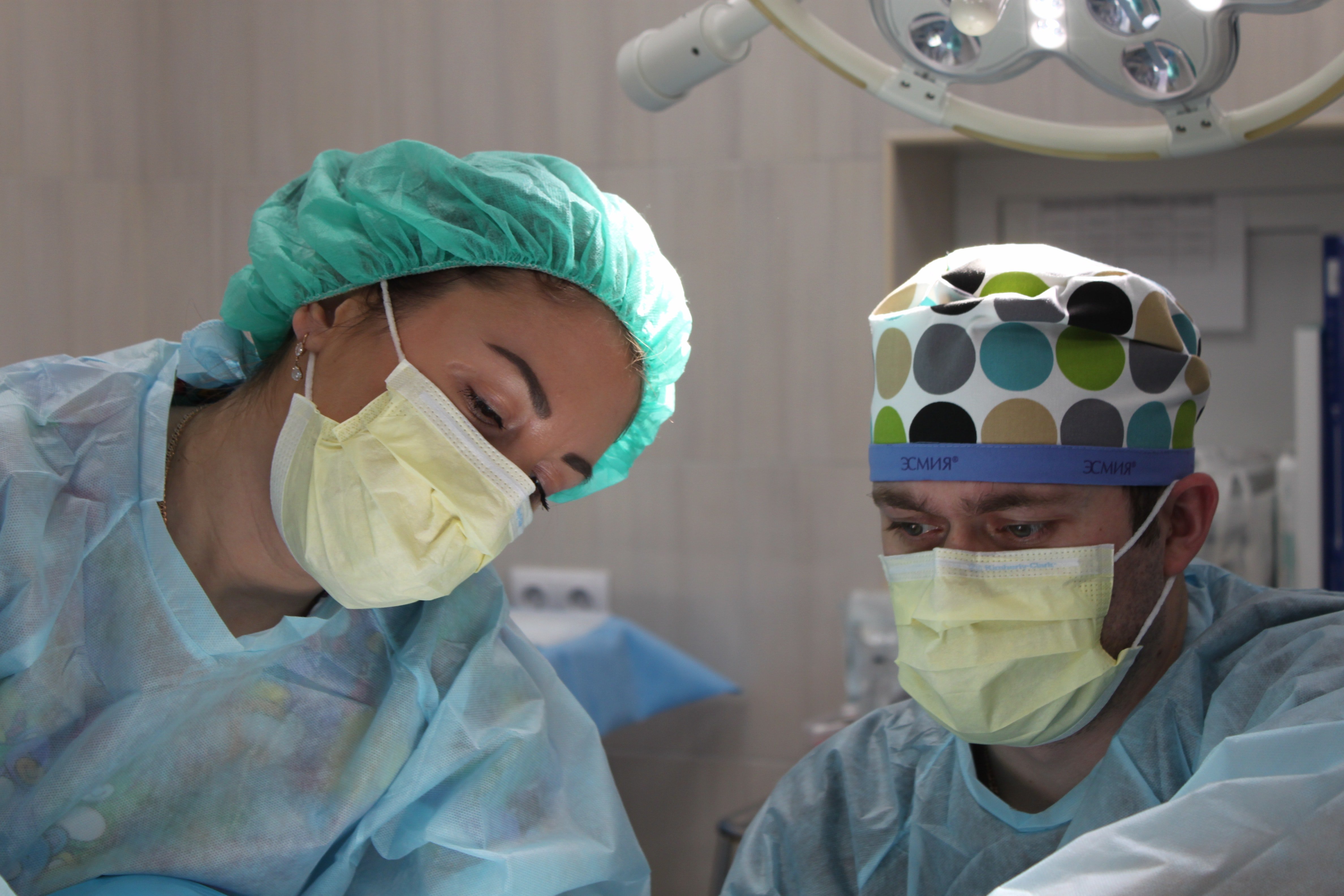I started working in the field of metabolic and bariatric surgery in 2009, years before I became a diabetes educator. Helping patients to achieve their health goals through metabolic surgery is what led me to pursue additional education in diabetes management. Many people with type 2 diabetes also have obesity. Metabolic surgery, such as gastric bypass and sleeve gastrectomy, is one of the most effective treatments for both obesity and type 2 diabetes. It has a complex effect on the gastrointestinal tract that leads to improvement in glycemic management. While metabolic surgery can greatly improve type 2 diabetes, or even put it into remission, it is not a cure for type 2 diabetes. We see our surgery patients lifelong to continue providing them with support to improve their health.
One of my most memorable patients is Maria (name changed for privacy). Maria was diagnosed with type 2 diabetes at age 19 and started using insulin injections 8 years later. At that point, she made several nutrition and lifestyle changes and she was able to manage her diabetes without insulin injections for almost 20 years. After her first pregnancy, her body became more resistant to insulin and she had to resume insulin injections.
When she came to our clinic, Maria was taking metformin, nearly 100 units of insulin daily between her basal and bolus doses, and she was following a low carbohydrate diet. Despite all of her hard work, her A1C was 10.7%. She was 5’6” and weighed 226 pounds with a body mass index (BMI) of 36.5 which meant Maria qualified for metabolic surgery. Due to the severity of her diabetes, it was unlikely that it would go into remission but metabolic surgery was her best option for improving her diabetes and obesity.
She had to do a lot of work to prepare for surgery. She attended 6 consecutive months of nutrition appointments, including participation in a nutrition class to learn about the recovery diet after surgery, guidelines for lifelong healthy eating, and the importance of vitamin & mineral supplements. She attended a behavioral health evaluation with a psychologist and a fitness appointment with an exercise physiologist. She also continued to work with her endocrinologist to reduce her A1C through medication management. She started a GLP1-receptor-agonist injection in addition to the medications she was already taking.
After months of preparation, Maria had gastric bypass surgery in December 2018. By the time she was 1 month out from surgery, she needed less than 20 units of insulin daily. Her diabetes has greatly improved, and most importantly, so has her quality of life. A few months after surgery, she was able to run a 5K and her energy levels were great.
Sometimes I hear concerning comments about metabolic surgery, such as it being the “easy way out” or a “quick fix”. That mindset is 100% inaccurate. It stems from a bias against people with chronic disease and a lack of knowledge about interventions for obesity and diabetes.
Metabolic surgery requires people to commit to all of the nutrition, exercise, and lifestyle habits that they would need to commit to without surgery. There are also additional medical and insurance requirements. Surgery can create financial, emotional, and physical burdens and it requires people to follow up with their health care team for the rest of their lives. Doesn’t sound like an easy way out to me! Despite these challenges, this life-saving treatment is worth the hard work for so many people due to the improvements they experience in their health and quality of life. Recently, researchers found that metabolic & bariatric surgery reduced the risk of death by over 40% for people with type 2 diabetes and heart disease.
If you have type 2 diabetes, a BMI of greater than 35 kg/m2, and you are having trouble managing your diabetes with medication, it might be time to consider metabolic & bariatric surgery. Talk with your health care team about treatment options. You can find qualified obesity management specialists at the Obesity Action Coalition website.
